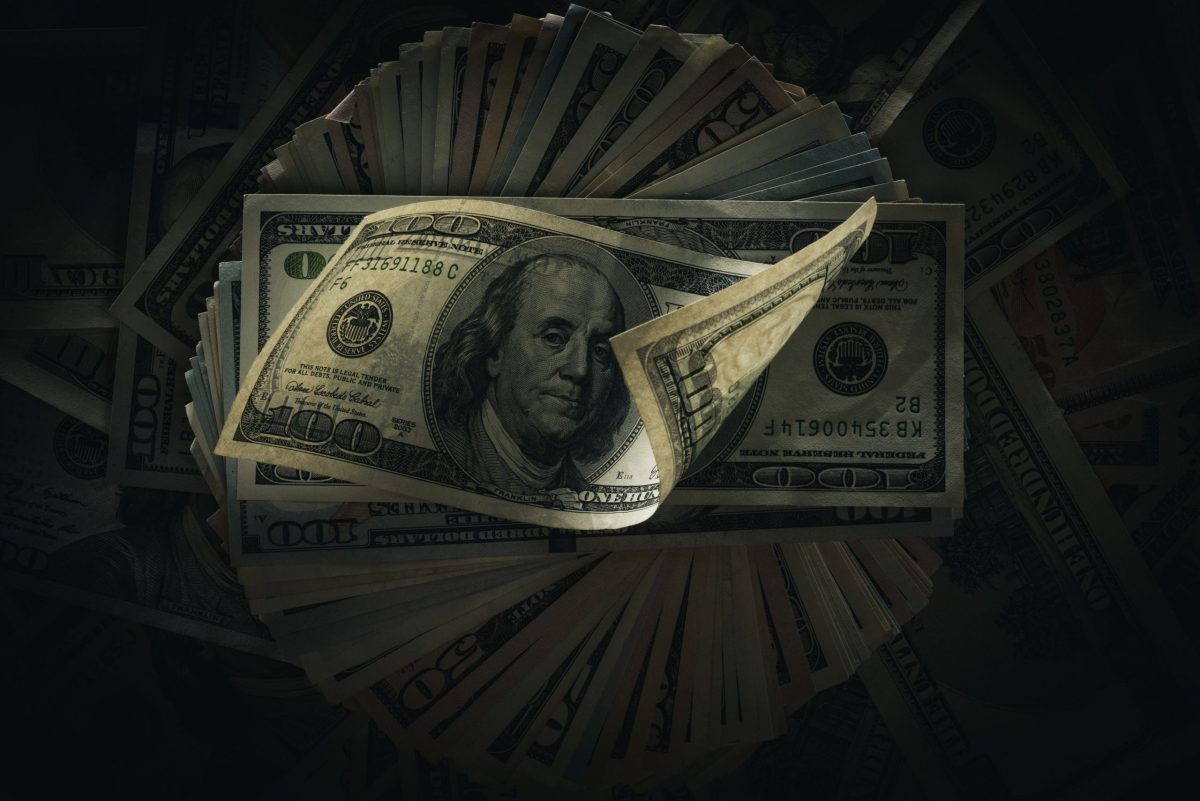
The Board’s (Almost Mandatory) Role in Form 990 Preparation
07.24.2024 | Linda J. Rosenthal, JD

The simmering donor-disclosure, “dark-money,” battle is set to heat up considerably in the next few months.
There were two specific developments in January 2021 directly or indirectly related to this contentious issue: (a) January 6, 2021: Capitol Insurrection (allegations of dark-money funding); and (b) January 11, 2021: Supreme Court grants certiorari in California donor-disclosure challenge.
As each unfolds over the next weeks or months, we may see confirmations of the status quo or significant shakeups in the donor-disclosure rules at the federal and state levels.
For the time being, we’re presenting brief summaries only; these matters are rapidly developing – and changing – stories.
January 6th Events
Almost as soon as the storming of the Capitol was quelled, there were deeply troubling reports about alleged financing by “dark money” as well as direct and indirect promotion and endorsement of these activities by certain 501(c)(4) organizations. Later, evidence emerged that some of the groups involved were 501(c)(3)s.
On January 15, 2020, Senator Ron Wyden (D-OR), the incoming Chair of the Senate Finance Committee, sent a no-holds-barred letter to IRS Commissioner Charles Rettig, demanding an investigation and action. “Not only are acts of terrorism or violence committed by an organization grounds for revocation of exempt status, but any 501(c)(3) or 501(c)(4) organization that encourages, plans, or support, an illegal act may be subject to revocation.”
Senator Sheldon Whitehouse (D-R.I.) is also pressing hard for action and investigations. See A top Senate Democrat calls for IRS probe of dark-money groups that helped organize rally before riot (January 15, 2021) Brian Schwartz, CNBC; Democrats to target IRS in probe of tax-exempt pro-Trump groups that organized rally before Capitol riot (January 22, 2021) Brian Schwartz, CNBC.
The IRS reportedly has agreed to respond to these calls for investigation and action.
Supreme Court Case
In a saga lasting several years, two conservative-leaning charitable organizations have been suing to have the California donor-disclosure requirement struck down on constitutional grounds. They were successful at the district court level, but the Ninth Circuit overturned that decision, ruling for California.
On January 8, 2021, the U.S. Supreme Court granted the two groups’ petitions for certiorari. The cases now consolidated for hearing are: Americans for Prosperity Foundation v. Becerra and Thomas More Law Center v. Becerra [up-to-date docket histories from SCOTUSblog including links to all court decisions as well as party and amici curiae briefs]. See Political Privacy Update: Supreme Court to Hear Two Donor Privacy Cases From California (January 21, 2021) Lee Goodman, Esq., Wiley Rein LLP and US Supreme Court takes up dispute over California nonprofit donor disclosure requirement (January 8, 2021) Lawrence Hurley, Reuters.
“California’s donor reporting rules simply require charities to provide the state, on a confidential basis, the same information about major donors that they already provide to the federal government,” said Attorney General Becerra in a press release upon learning of the Supreme Court’s acceptance of these cases for hearing in the current term. “This information helps the state protect consumers from fraud and the misuse of their charitable contributions. We look forward to defending our rules before the Supreme Court.”
The most intriguing brief – filed last fall in support of the two organizations’ petition for certiorari and against the Ninth Circuit’s decision in favor of California – is by the United States Department of Justice. See Political Privacy Update: Solicitor General Supports Certiorari in California Donor Privacy Cases (December 23, 2020) Lee Goodwin, Esq., Wiley Rein LLP.
While – undoubtedly – the Biden Administration will withdraw its support, the challengers could win this case, given the current roster of the U.S. Supreme Court. That result could affect other states’ laws as well as the continuing viability of the long-standing federal rule favoring disclosure.
We’ll follow-up and report on any developments as they come into more precise view in the coming weeks and months.
— Linda J. Rosenthal, J.D., FPLG Information & Research Director
